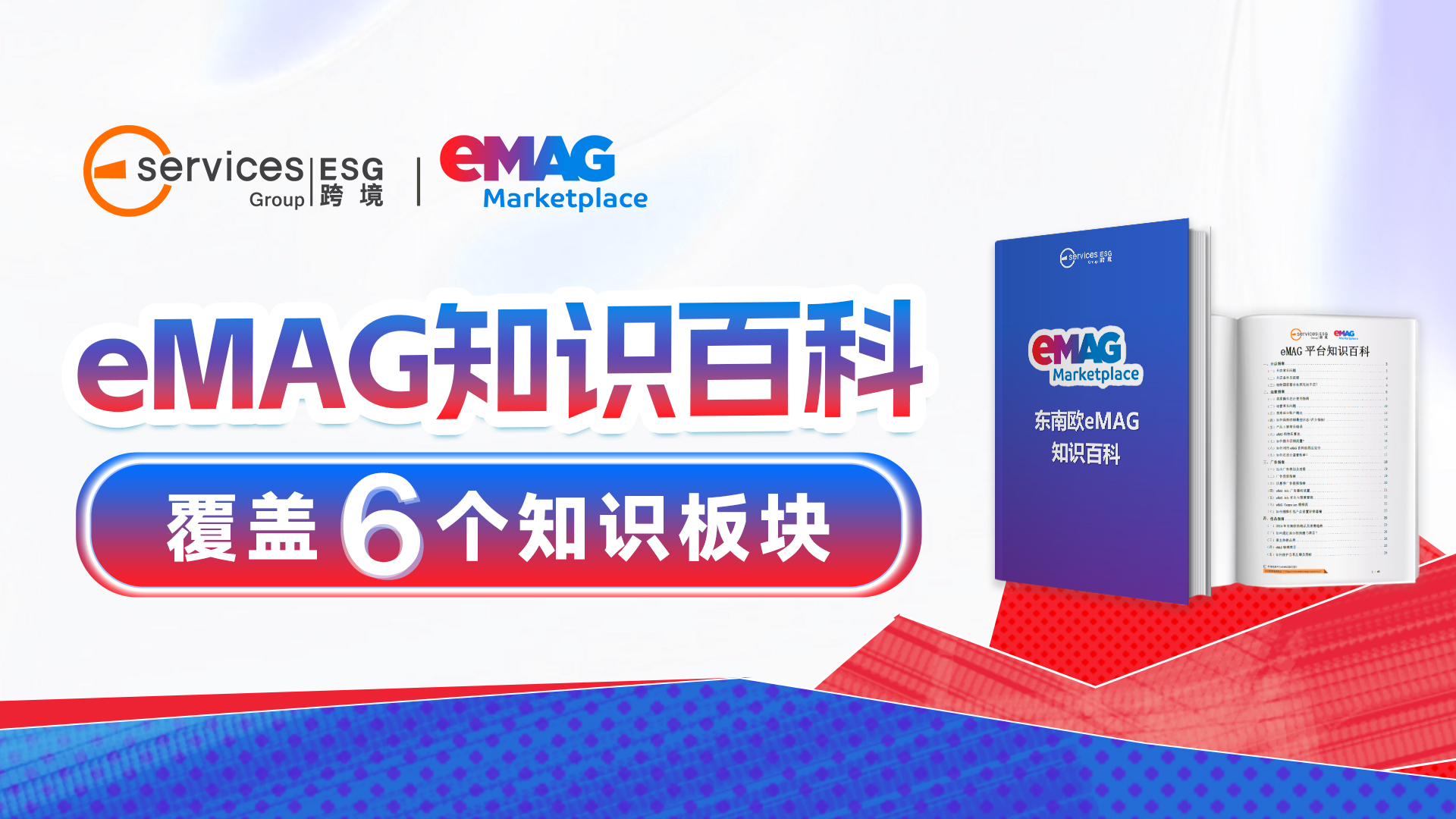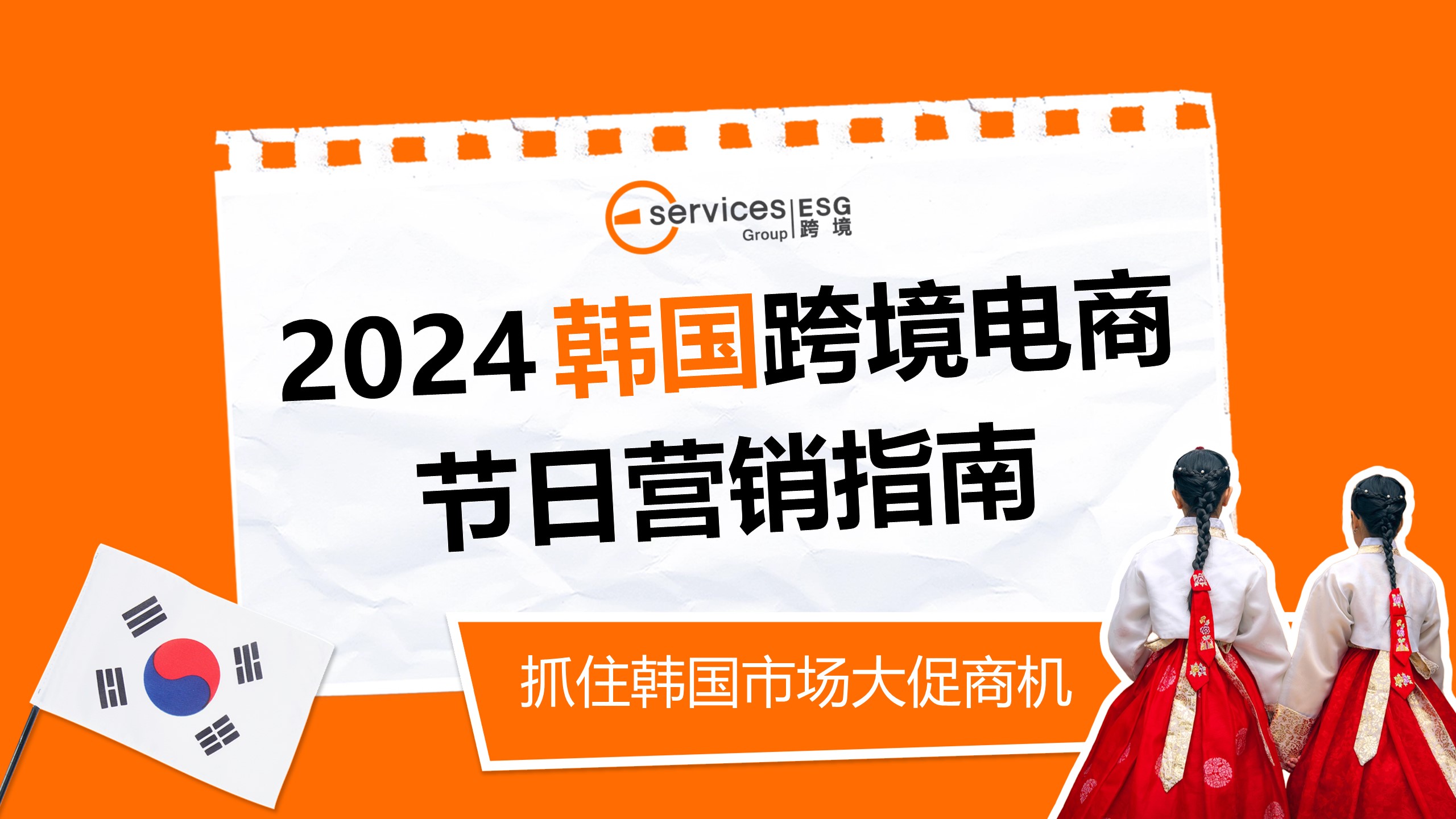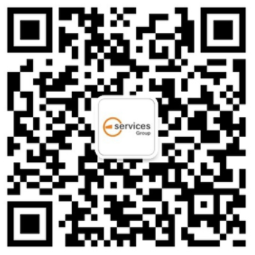純干貨!亞馬遜官方解讀美國稅務和法規
重要:?本頁信息不構成稅務、法律或其他專業建議,也不得用作此類用途。如果您有任何疑問,應咨詢您的專業顧問。
美國稅務和法規注意事項
重要: 本頁信息不構成稅務、法律或其他專業建議,也不得用作此類用途。如果您有任何疑問,應咨詢您的專業顧問。
納稅身份信息的收集與驗證(納稅訪談)
如果您是美國納稅人,通過完成賣家賬戶中的納稅訪談,您可以用 W-9 或 W-8BEN 表格向亞馬遜提供相應的納稅身份信息。對于美國納稅人,為進行稅法管理,美國國家稅務局要求提供納稅人識別號 (TIN)。在大多數情況下,TIN 可以是雇主識別號 (EIN),也可以是社會保障號 (SSN)。
即使您是外國賣家且不是美國納稅人,您也需要完成納稅訪談。系統將依據您對納稅訪談問題的回答為您生成相應的稅務表格。根據美國國家稅務局的規定,非美國納稅人需要向亞馬遜提供 W-8BEN 表格,以豁免美國報稅要求。
其他資源
針對第三方 (3P) 付款交易的美國國家稅務局報告法規
銷售稅
賣家有責任了解其計算和繳納義務,包括在每個州登記、設置稅務計算設置,以及繳納針對配送至相應州的訂單計算出的所有稅費。
如果訂單目的地位于已頒布商城征稅法的某個州,亞馬遜會自動收取和管理銷售稅。對于亞馬遜不會自動對其收取稅費的訂單,則由您負責履行繳納銷售稅的義務。
如果您對自己的義務有任何疑問,應咨詢稅務專業人員。如果您沒有稅務專業人員,請參見第三方幫助頁面。
關稅與稅率制度
賣家有責任遵守所有美國海關法律法規,包括適用的關稅和稅收規定。無論是個體經營者還是商業實體,凡進口商品到美國均需繳納進口關稅和稅費。有些商品可以不用繳納關稅。美國海關和邊境保護署 (CBP) 不要求進口商擁有許可證或許可。其他機構可能要求提供許可、許可證或其他證明,具體取決于進口的具體商品。
注意: 您有責任確保所有的商品都符合適用的法規要求。
您需要在進口報關表上填寫進口商編號。此號碼可以是您在美國國家稅務局的公司注冊號碼;如果您的公司未在美國國家稅務局登記或者您沒有公司,則可以使用社會保障號。
報關行
由商業貨運公司送達美國的貨物必須由海關登記進口商 (IOR) 報關。海關登記進口商可以是貨物所有人、購買人、其授權的正式員工,或者是所有人、購買人或收貨人指定的授權報關行。報關行是美國海關法律唯一授權可作為進口商代理處理海關事務(含進口商品清關)的人。報關行是美國海關和邊境保護署 (CBP) 許可的個人或企業,負責準備和提交所需的報關單證、安排應付關稅的繳納、采取措施放行 CBP 扣留的商品以及以其他方式代表進口商(即委托人)處理海關事務。這些服務的費用因具體報關行及提供的服務范圍而異。
要聯系報關行,請訪問和邊境保護署網站的【港口】部分。選擇您要將商品進口到其中的州,點擊城市,然后在城市信息下方找到【報關行列表】鏈接。
非居民進口商要求
進入美國的商品可以由非美國居民(外國)海關登記進口商辦理進口手續。要成為非美國居民海關登記進口商,非美國居民個人、合伙企業或外國企業必須:
指定美國居民擔任代理: 非美國居民(外國)海關登記進口商必須指定一名美國居民擔任代理,代收文件。通常,非美國居民海關登記進口商會指定他們的報關行作為其美國居民代理。非美國居民海關登記進口商通過書面授權委托書完成指定。
獲取海關擔保: 海關法規要求海關登記進口商提供由美國擔保公司提供的入關擔保(又稱連續多項入關擔保)。擔保的用途有兩個。首先,當海關登記進口商未能支付估定關稅時,海關可根據擔保執行。第二,海關登記進口商受擔保條件的約束,需要賠償任何因為違反擔保條件而產生的違約金。入關擔保的條件包括但不限于:繳納關稅、稅費及費用;及時促成或完成報關;出示進口所需的單證和證明并保留 5 年。海關有一份核準擔保公司名單。擔保公司一般會要求提供一定的財務信息,以確保海關登記進口商有足夠的資金支付關稅和費用。報關行可以協助聯系作保的擔保公司,并準備擔保文件。
獲取海關登記進口商編號: 海關登記進口商必須向美國申請海關登記進口商身份編號(此號碼通常是美國公司在美國國家稅務局的編號或者美國海關為外國實體分配的編號)。報關行也可以協助獲取該編號。
知識產權
您應該確保您擁有在美國銷售商品所需的所有知識產權(例如,專利、商標或著作權)。特別是您的商品不得為偽造品。如果您發布的商品侵犯了他人的知識產權,我們可能會刪除您的商品,或者暫停或撤銷您的銷售權限。賣家有責任確保他們銷售的商品沒有侵犯他人的知識產權。
如果我們認為商品詳情頁面或商品信息的內容屬于違禁、涉嫌違法或者不當內容,我們會進行刪除或修改,恕不另行通知。
商品合規性
請參見美國進口受限商品
United States Tax and Regulatory Considerations
Important: Information on this page does not constitute tax, legal, or other professional advice and must not be used as such. You should consult your professional advisers if you have any questions.
Tax identity collection & validation (Tax Interview)
If you are a U.S. tax payer, by completing the tax interview in your seller account, you will be providing Amazon the appropriate tax identity in the form of a W-9 or W-8BEN form. For U.S. taxpayers, a Taxpayer Identification Number (TIN) is required by the IRS for the administration of tax laws. In most cases, your TIN is either an Employer Identification Number (EIN) or a Social Security Number (SSN).
If you are a foreign seller and not a U.S. taxpayer, you will still need to complete tax interview. The responses you provide to the tax interview questions will create the appropriate tax form on your behalf. IRS regulations require non-U.S. taxpayers to provide Form W-8BEN to Amazon in order to be exempt from U.S. tax reporting requirements.
Other resources
IRS Reporting Regulations on Third-Party (3P) Payment Transactions
U.S. Tax Interview FAQ
IRS Form 1099-K - Understanding transactional details FAQ
IRS Form 1099-K – Form Generation and Payee Information FAQ
Sales Tax
It is the seller’s responsibility to understand Amazon's tax policies, and their own sales tax calculation and remittance obligations. Including registering with all required states, setting up your tax calculation settings, and remitting any tax calculated on your orders to the state.
If the order is destined to a state or jurisdiction with Marketplace Tax Collection laws in effect at the time of order, sales tax will be automatically collected and managed by Amazon. For orders where tax is not automatically collected by Amazon, the sales tax obligation remains your responsibility.
If you have any questions about your obligation, you should consult with a tax professional. If you do not have a tax professional, please refer to External Tax Advisors.
Tariff and duty rates system
It is the seller's responsibility to comply with all U.S. customs laws and regulations, including applicable duty and tax requirements. Import duty and taxes are due when importing goods into the United States whether by a prie individual or a commercial entity. Some goods are not subject to duty. U.S. Customs and Border Protection does not require an importer to have a license or permit. Other agencies may require a permit, license, or other certification, depending on what is being imported.
Note: It is your responsibility to ensure all goods comply with applicable regulatory requirements.
Customs entry forms ask for your importer number. This is either your IRS business registration number, or if your business is not registered with the IRS or you do not have a business entity, your Social Security Number.
Customs brokers
Merchandise arriving in the United States by a commercial carrier must be entered by the Importer of Record (IOR). The IOR can be the owner, purchaser, his or her authorized regular employee, or by the licensed customs broker designated by the owner, purchaser, or consignee. Customs brokers are the only persons who are authorized by U.S. customs laws to act as agents for importers in customs matters, including customs clearance of imported goods. Customs brokers are private individuals or firms licensed by Customs and Border Protection (CBP) to prepare and file the necessary customs entries, arrange for the payment of duties owed, take steps to release goods from CBP custody, and otherwise represent importers (i.e. principals) in customs matters. The fees charged for these services may vary according to the customs broker and the extent of services performed.
To obtain a customs broker, visit the Ports section of the U.S. Customs and Border Protection website. Select the state you will be importing into, click on the city, then find a link for Broker listing below the city information.
Non-resident importer requirements
Entry of goods into the United States may be made by a non-resident (foreign) IOR. To become a non-resident IOR, the non-resident individual, partnership, or foreign corporation must:
Appoint a resident agent: A non-resident (foreign) IOR must appoint a resident agent to receive documents on their behalf. Typically, non-resident IORs designate their customs brokers as their resident agent. The non-resident IOR makes this designation through a written power of attorney.
Procure a customs bond: Customs regulations require that the IOR file an import entry bond (also known as a continuous entry bond) guaranteed by a resident surety company. The bond serves two purposes. First, Customs can execute against the bond if the IOR fails to pay assessed duties. Second, the IOR is bound by the conditions of the bond for any liquidated damages arising out of its breach of those conditions. The conditions of the entry bond include but are not limited to: payment of duties, taxes and fees; making or completing timely entry; and keeping and producing required documents and evidence related to the importation for 5 years. Customs keeps a list of approved surety companies. Sureties usually request certain financial information to ensure that the IOR has sufficient resources to pay customs duties and charges. A customs broker may assist with finding a surety for the bond and preparing the bond documents.
Obtain an IOR number: An IOR must apply for an IOR identification number from U.S. Customs (this is typically the company's IRS number for US companies or a number assigned by U.S. Customs for foreign entities). Customs brokers can also assist with obtaining a number.
Intellectual property rights
You should ensure that you have all intellectual property rights (for example, patents, trade marks, or copyrights) necessary for listing your products in the United States. In particular, your products must not be counterfeits. Listing prohibited intellectual property may result in the cancellation of your listings, or the suspension or removal of your selling privileges. Sellers are responsible for ensuring that the products they offer do not infringe the intellectual property of others.
If we determine that the content of a product detail page or listing is prohibited, potentially illegal, or inappropriate, we may remove or alter it without prior notice.
Product compliance
Whether you are a domestic or international seller on Amazon, you are responsible to ensure your product is eligible to sell in the U.S. This includes delivering imported products to Amazon or a buyer directly. Review the U.S. Customs and Border Protection (CBP) site (external from Amazon) for additional information about Restricted products (downloads .pdf document from US CBP site) for import into the U.S.
特別聲明:以上文章內容僅代表作者本人觀點,不代表ESG跨境電商觀點或立場。如有關于作品內容、版權或其它問題請于作品發表后的30日內與ESG跨境電商聯系。
二維碼加載中...
使用微信掃一掃登錄
使用賬號密碼登錄
平臺顧問
微信掃一掃
馬上聯系在線顧問
小程序

ESG跨境小程序
手機入駐更便捷
返回頂部










 市場合作:shichangbu@eservicesgroup.com
市場合作:shichangbu@eservicesgroup.com





